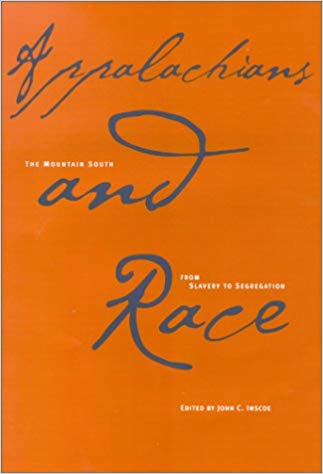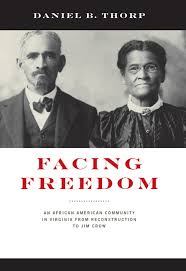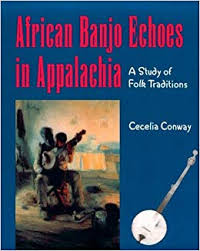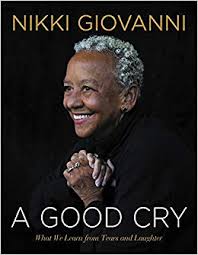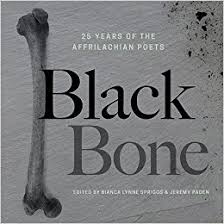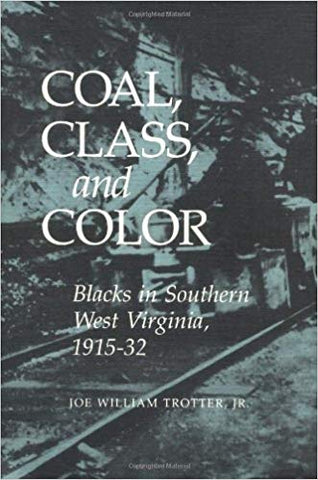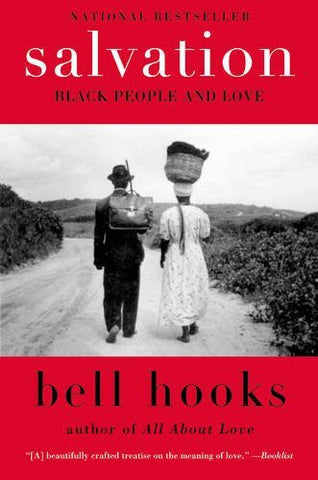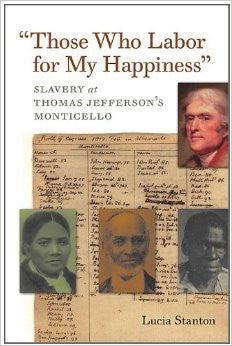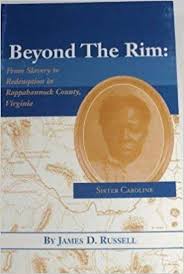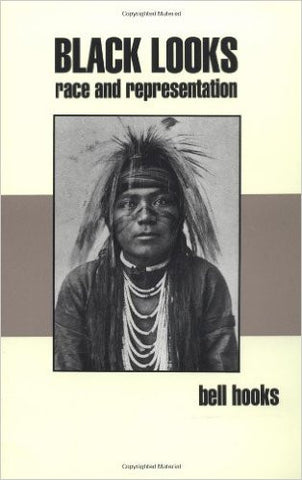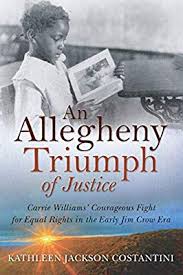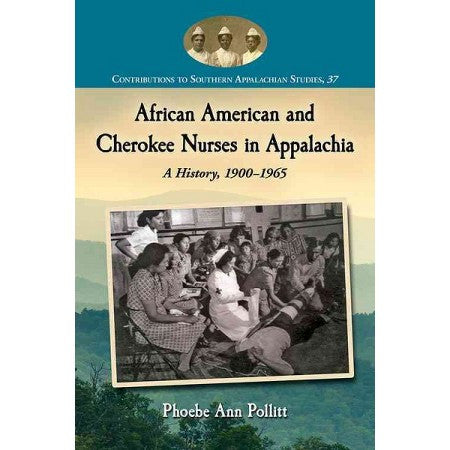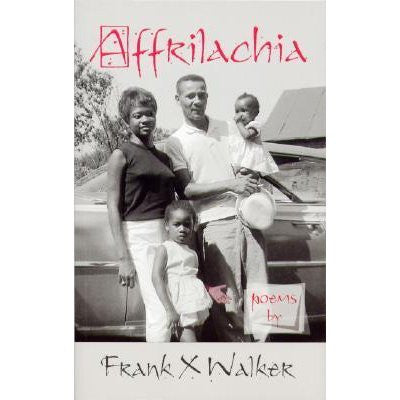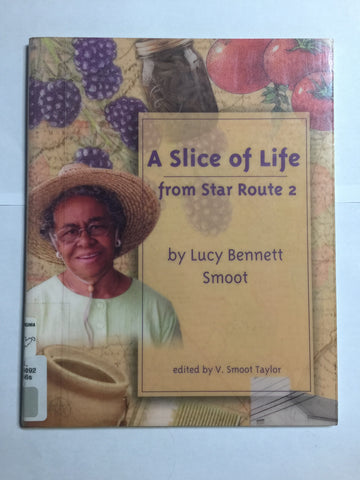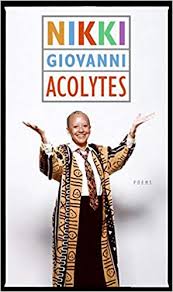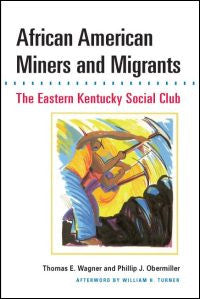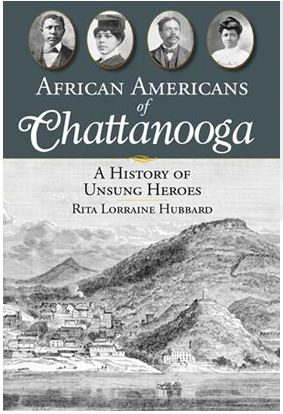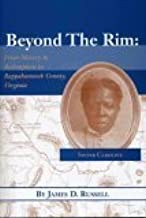Black Appalachians
Until too recently, the Library of Congress used “Mountain Whites” as their category for Appalachia! Yet African-Americans have had a huge influence on mountain life and Black Appalachians have had a great impact upon the African-American community as a whole. For example, Carter G. Woodson (1875-1950) of Huntington is considered the “father of Black history.” Nikki Giovanni, of Knoxville, Tennessee, and Blacksburg, Virginia, was the person chosen to recite one of her poems at the dedication of the Martin Luther King, Jr., Memorial on the National Mall. bell hooks, who lives in Berea, Kentucky, is one of America’s most prominent public intellectuals. Black Appalachians have published books for over a hundred years – for example, Rhymes from the Cumberland (1904) by Effie Waller Smith (1879-1960) of Pike County, Kentucky – but Blacks in Appalachia (1985) by the late Edward J. Cabbell and William H. Turner marked the first serious consideration of Black Appalachia as a field of study. Wilburn Hayden, Jr., like Turner, has been active in the Appalachian Studies Association for decades. He published Appalachian Black People in 2015. Distinguished poet and former Kentucky Poet Laureate, Frank X Walker, coined the term “Affrilachian” to describe a group of fellow poets based around the University of Kentucky, but it has subsequently been used more broadly. Crystal Wilkinson, like Walker, teaches at UK and can easily be considered the most prominent current Black Appalachian fiction writer. Recent years have seen quantum leaps in scholarly books by Black Appalachians including Gone Home: Race and Roots Through Appalachia (2018) by Karida L. Brown and Black Huntington by Cicero M. Fain III, and by white scholars as well, for example, Facing Freedom: An African American Community in Virginia from Reconstruction to Jim Crow (2017) by Daniel B. Thorp and Liberia: An African American Appalachian Community (2018) by John M. Coggeshall.
-- George Brosi
